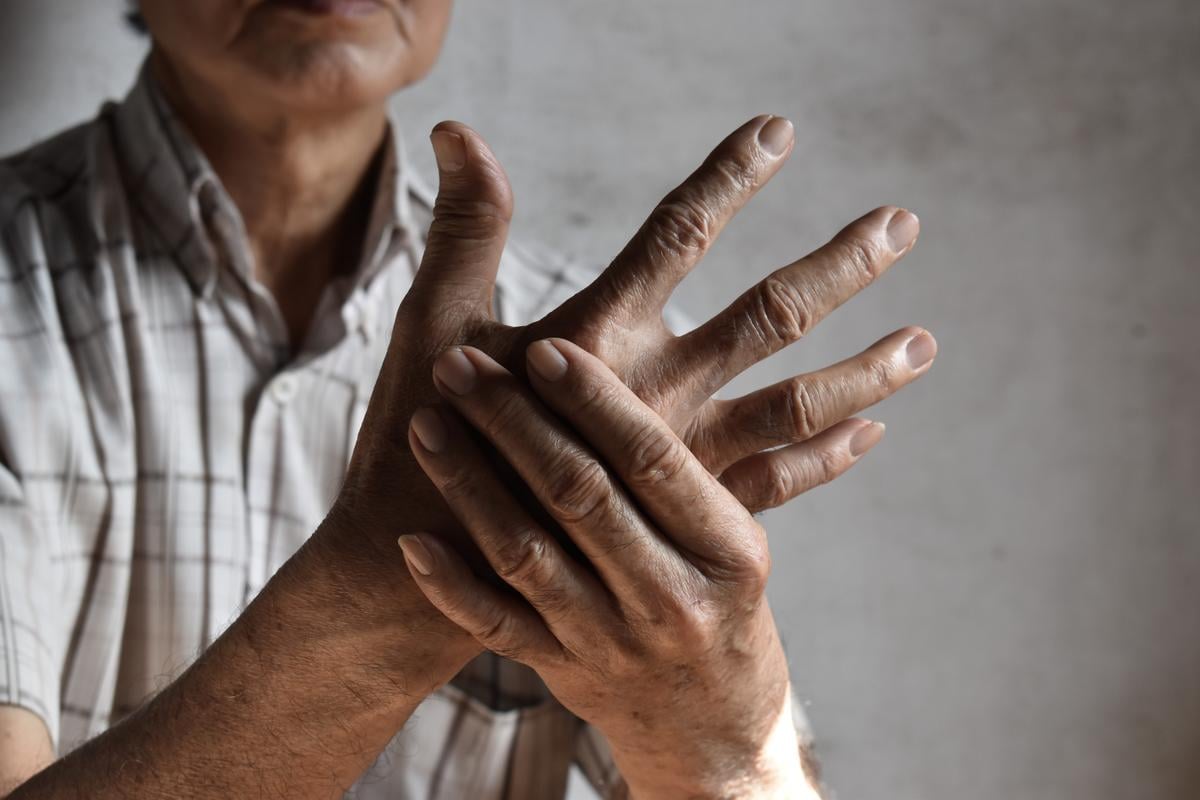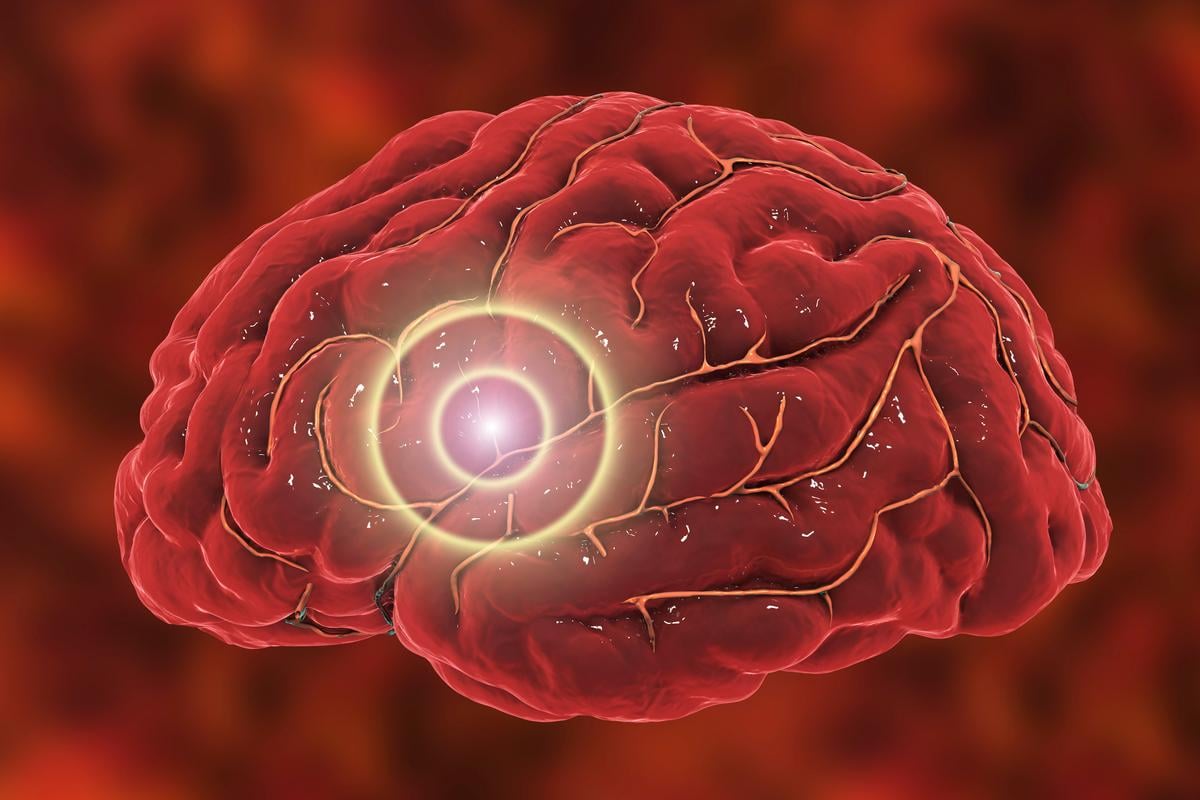
A cavalry of sorts can come to the rescue of combat veterans suffering from post-traumatic stress disorder (PTSD), a new study says. Combat veterans who regularly care for horses experience an easing of their PTSD symptoms, as well as an overall improved mental outlook, researchers found. Focusing on a horse’s welfare can help a veteran… read on > read on >














.jpg)















